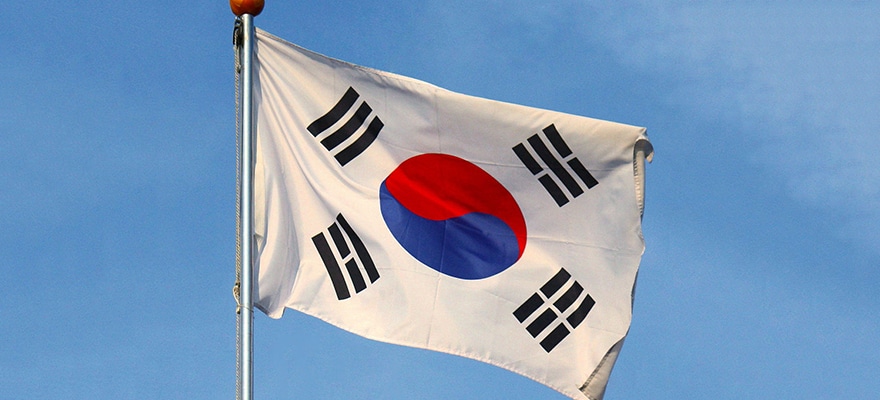The massive discrepancy between prices on Korean exchanges and those based in the US has prompted a response from the government. South Korean lawmakers are contemplating legislation that would prohibit the dissemination of information related to Bitcoin futures.
The Korean Herald reposted this morning that the local Financial Services Commission ordered two securities dealers to suspend information seminars on Bitcoin futures. Regardless of the origin of the contracts, local authorities appear to be committed to banning any dealings with derivatives in the crypto space.
There is no information on if CFDs are also affected, but the country is committed to a tightly managed FX regime which might be affected by Bitcoin transactions. Earlier today, Finance Magnates reported that Bulgarian banks cracked down . The country has been in a currency board since 1997 and capital flight is tightly monitored.
South Korean authorities have previously outlined that they consider Bitcoin to be a speculative product and not a currency or a method of payment.
Massive Premiums on Korean Exchanges
South Korean exchanges have been charging substantially higher prices to purchase the digital currency when compared to other nations. With estimates putting the average price discrepancy at about 20 percent, the buying frenzy in the country could be partially driven by Chinese buyers who are looking for a place to buy the digital currency after the ban on local turf in September.
Bitcoin futures from the CBOE are starting to trade in the late hours of Sunday, catering to Asian traders from next Monday. The South Korean government has been actively discouraging speculation and warned that even school children have been purchasing Bitcoin.
According to price data from Coinmarketcap.com, one of the major local exchanges, Bithumb is charging $17,705 per Bitcoin when compared to $15,041 on Bitstamp as of writing.
The premium that South Koreans are paying is due to the difficulties in executing foreign currency transactions. The South Korean won is a managed peg and commissions that local banks are charring to exchange funds into foreign currency are prompting crypto buyers to use local exchanges.
The demand for bitcoin in the country is materially higher when compared to other places due to the fast adoption of digital technologies in the country. South Korea is famous for holding regular tournaments in cyber games and e-sports culture is much more developed there than it is in the rest of the world.
South Korea is estimated to account for about 12 percent of global Bitcoin demand. The figure is the third highest after Japan and the US, with 49 and 27 percent respectively, according to market tracker Coinhills.





Be First to Comment